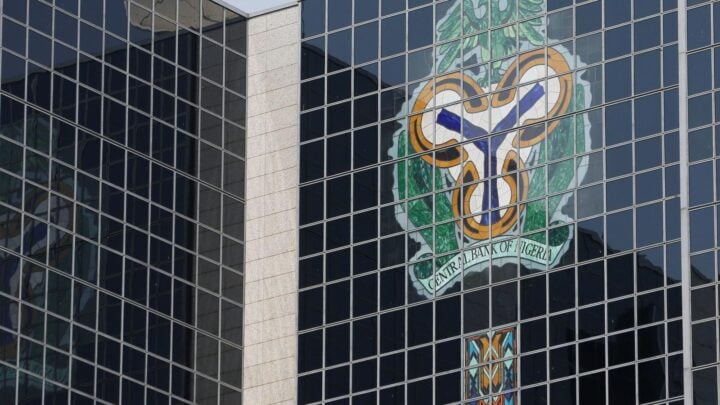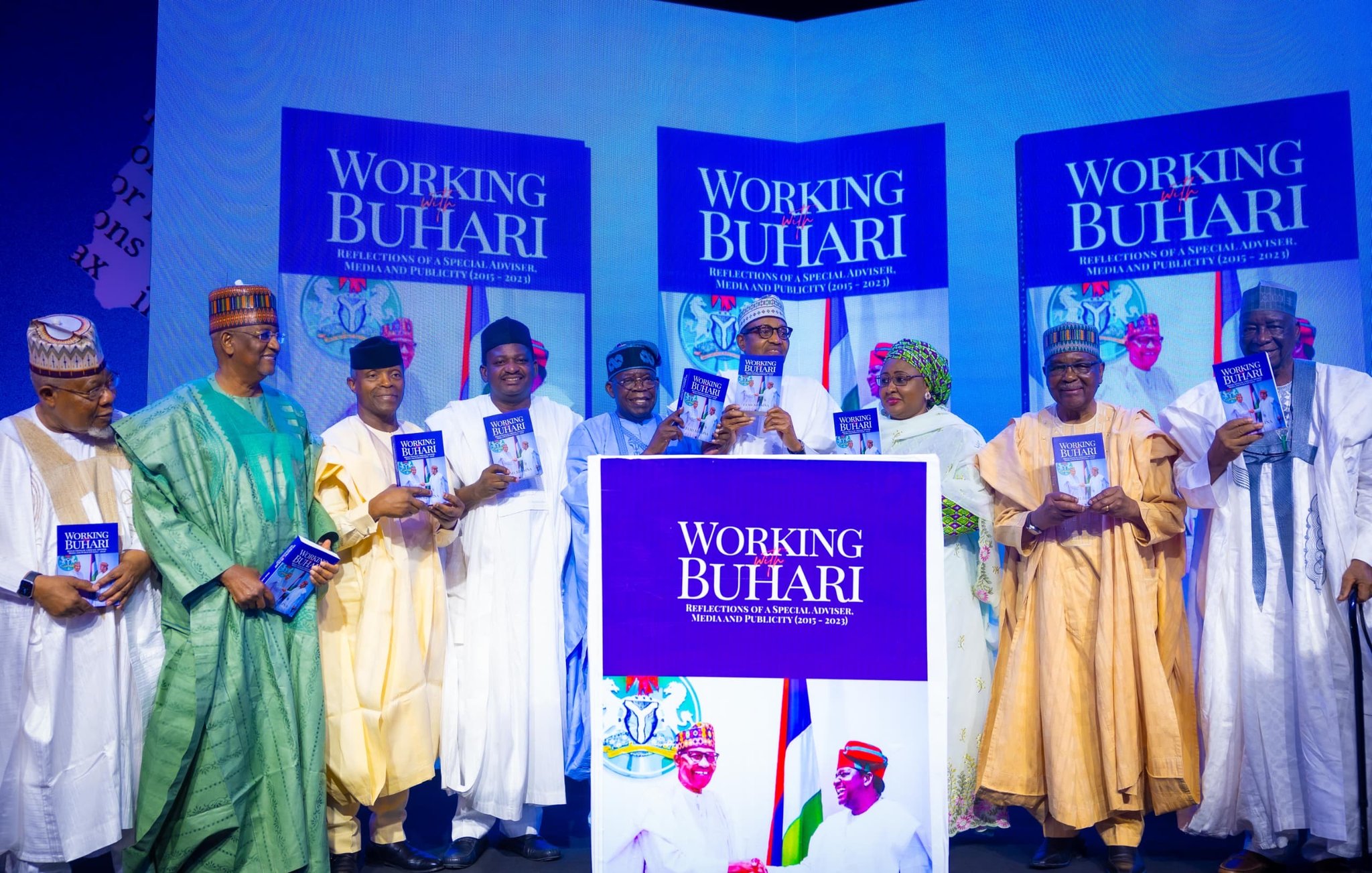BY SEGUN BENSON
During the twilight of his tenure, former President Mohammadu Buhari initiated the securitization of loans acquired via theCentral Bank of Nigeria’s Way and Means mechanism. By May2023, the CBN’s loan to the federal government increased toN26.94 trillion, up from January 2023’s N24.07 trillion.However, shortly before Buhari’s exit, the House ofRepresentatives endorsed the restructuring of the N22.7 trillionCBN loan. This action led to the reduction of the Ways andMeans to N4.36 trillion by June 2023.
Clarification is essential, as analysts have suggested that the federal government, over the years, utilized the Way and Means instrument without repayment or loan rescheduling, fostering rampant inflation during the last administration.
It’s crucial to note that during this period, the CBN remained vigilant, cognizant of the ramifications of the ‘overdrafts’ it provided to the federal government via the Way and Means tool.The apex bank responded with rigorous monetary tightening,deploying various liquidity control measures such as open market operations, liquidity mop-up, and maintaining highTreasury Bills rates. This demonstrates the CBN’s unwavering commitment to managing the nation’s financial system.
Former Central Bank Governor Sanusi Lamido Sanusi,acknowledging the inflationary impact of the Way and Means,commended the CBN’s efforts in curbing inflation and stabilizing the economy and the national currency.
Advertisement
He said: “If you look at Open Market Operation (OMO) Bills and OBB rates in the last few weeks, I can see that the CBN has started a process of aggressive tightening. OBB rates are beginning to approach what they should be. And I think that’s what the market needs to look at; that the Central Bank is tightening money and fighting inflation as a primary focus.”
He remarked on the Central Bank’s aggressive tightening measures, indicating a step in the right direction towards combating inflation. However, he cautioned that this challenge wouldn’t disappear overnight, stressing the need for a gradual process toward stability.
Acknowledging the economic hardships faced by the previous administration, it becomes evident that they were compelled to secure funds for ambitious government projects. For example,the Presidential Infrastructure Development Fund (PIDF)sourced from Nigeria’s natural gas dividends aimed to be saved for infrastructure development. However, these savings were insufficient to cover the government’s financial obligations during that period.
Advertisement
Addressing concerns about the alleged misappropriation of funds acquired through the Way and Means instrument, it’s clarified that while the CBN recorded the borrowings, the DebtManagement Office (DMO) documented the projects linked to these funds. Therefore, DMO records reflected borrowed amounts rather than specific usage details.
Discussing the rationale behind Buhari’s securitization of Ways and Means loans before leaving office, Oladele Afolabi from theDebt Management Office elucidated that the President sought are structuring of the CBN’s advances via Ways and Means. This restructuring transformed the overdrafts into a formal loan,spanning a 40-year repayment period at a 9% interest rate. It shifted the status of these advances into public debt, promoting transparency and dispelling misconceptions about unrecorded government borrowings.
Understanding the Way and Means instrument involves likening the federal government’s use to individuals or corporations acquiring overdrafts from their banks to support company growth or meet personal objectives.
While acknowledging the overdrafts exceeding the five percent limit prescribed by Section 38 of the CBN Act, the securitization carried out by President Buhari effectively turned these overdrafts into loans with an extended repayment period, a prudent approach in navigating financial crises.
Advertisement
Chidi Odoemenam, a corporate and financial lawyer, stressed the need for a proactive approach to prevent recurrent breache sof the CBN law and excessive borrowing. He emphasized creating a conducive environment to deter government reliance on borrowing in a struggling economy.
“Avoiding a reoccurrence of the breach of the CBN law andover-borrowing is more economical than legal. It goes beyond enforcing legislation and is more about creating an enabling environment to ensure that the federal government does not succumb to borrowing because with a bad economy and the government having to raise funds, the temptation will always be there.” He said.
The government’s plan to borrow N2.5 trillion from foreign sources for the 2022 budget faced challenges due to Nigeria’s substantial borrowing history, leading to a foreign market downgrade. Consequently, the government opted for an additional N6 trillion deficit from the CBN for the 2022 budget.
Rather than vilifying those compelled to resort to CBN loans viaWays and Means, critical questions should address the perennial lack of resources to meet budgetary projections and financial obligations. External and internal factors, such as dwindling crude oil earnings and regional unrest, significantly impactedNigeria’s finances during specific periods.
Advertisement
The advantages of securitization of the ways and means include transparency of government borrowing, improvements in the impairment of financials of the central bank. For the first time inNigeria the federal government is to start paying back the ways and means. The repayment period of 40 years with a 3 year moratorium on the interest brings ease to the fiscals of the FGN.Also the approved interest rate of 9% is much lower than theMPR plus 3% which was 18.5% in December 2023, giving much needed relief on the cost of borrowing.
Benson, an economic analyst, wrote in from Lagos.
Advertisement
Views expressed by contributors are strictly personal and not of TheCable.
Add a comment






